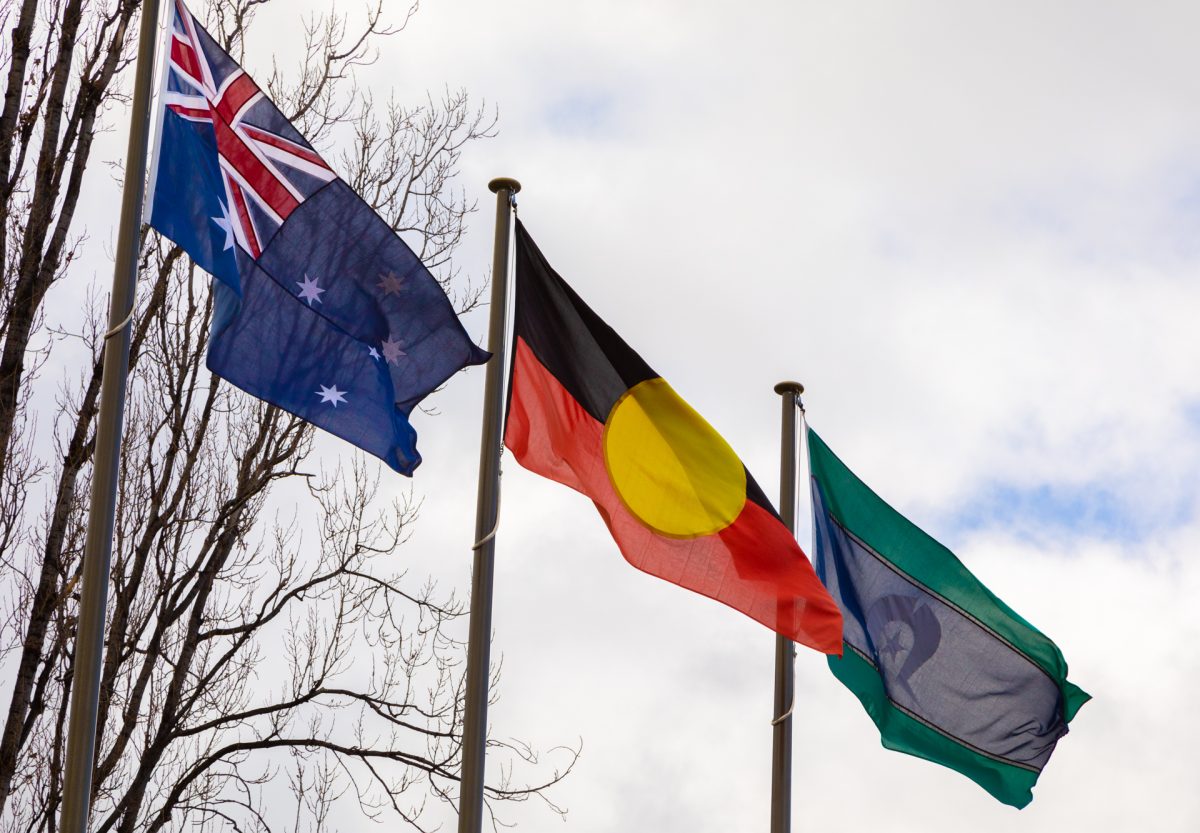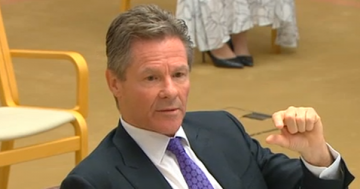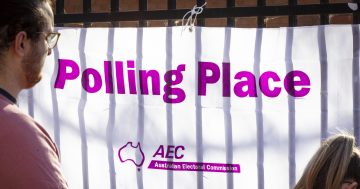
Australian, Aboriginal, and Torres Strait Islander flags fly as the nation prepares to vote in the Voice referendum. Photo: Michelle Kroll.
There appears to be genuine uncertainty among some employees of the Australian Public Service about how much (or even if) they can express their personal views over the Indigenous Voice to Parliament referendum.
Perhaps there is an element of hiding behind the excuse of being a public servant too, but a sentiment being heard a lot right now is that if it weren’t for their employer, more would have their say and add their opinions to the public debate.
“I’d join the walk …” or “I would share that social media post …” or “I’d put my hand up, but I’m a public servant” are phrases being bandied around quite a bit at the moment about expressing an opinion for either side of the Voice positions.
Or even more frequently heard: “I don’t think I can get involved because I’m a public servant.”
But there really shouldn’t be such confusion.
Thanks to guidance issued by the Australian Public Service Commission way back in April, the rules around engaging with the referendum are pretty clear.
The circular issued by the APSC is even called Engagement in the Voice Referendum in a personal capacity: Guidance for APS employees and agencies.
And its contents are actually encouraging for any public servant who might be thinking of expressing a view about the Voice.
One question asked in the guidance is: Can I engage publicly with the referendum?
The answer it offers is a clear Yes – adding that any public engagement must be done in a way that is consistent with obligations to maintain public confidence in the integrity and impartiality of the APS.
It goes so far as to say public servants have a right to express their views on the referendum.
“APS employees, like all Australian citizens, are entitled to express personal views on the merits of the various positions on the referendum question,” the guidance says.
“APS employees have a lot to offer the public conversation as an informed and engaged cohort.
“In engaging publicly, you should ensure that your conduct is lawful, that it is clear you are expressing your own views, and that your engagement does not conflict with your public service role.”
A key phrase here is that public servants are informed people and, therefore, have a lot to offer the conversation.
Informed views go a long way towards countering misinformation and ignorance.
There are warnings on the guidance to not allow any involvement in public debate breach the APS Code of Conduct that binds all Commonwealth public servants.
Seniority in the public service, connection to official duties and extreme views are all risk factors and should be weighed up in relation to maintaining the code.
“One of your obligations under the Code of Conduct is to behave at all times in a way that upholds the APS Values and Employment Principles, and the integrity and good reputation of your agency and the APS,” the guidance says.
But it goes on to say that APS employees can even be involved in the Yes or No campaigns or volunteer in a personal capacity “to the extent that their involvement is consistent with the obligation to maintain public confidence in the integrity of the APS”.
So while there might be a reluctance on the part of some public servants to get involved because of their day jobs, it is most definitely not against the rules to do so.
Choosing to keep out of the debate altogether is, of course, a perfectly reasonable position to take. Everyone has that right.
It might be convenient to use work as an excuse to withhold opinion, and that’s all fair enough too.
But if you are a public servant and want to have a say, you can feel free to do so.
You have a lot to offer.
If it’s offered respectfully and made clear that it is a personal view, your contribution would be well regarded.
This referendum is far too important not to have dedicated and well-informed people be part of the national discourse.




















